
OR
Only 4 out of 55 LP gas plants have received NS certification
Published On: December 27, 2017 05:15 AM NPT By: Kushal Basnet.
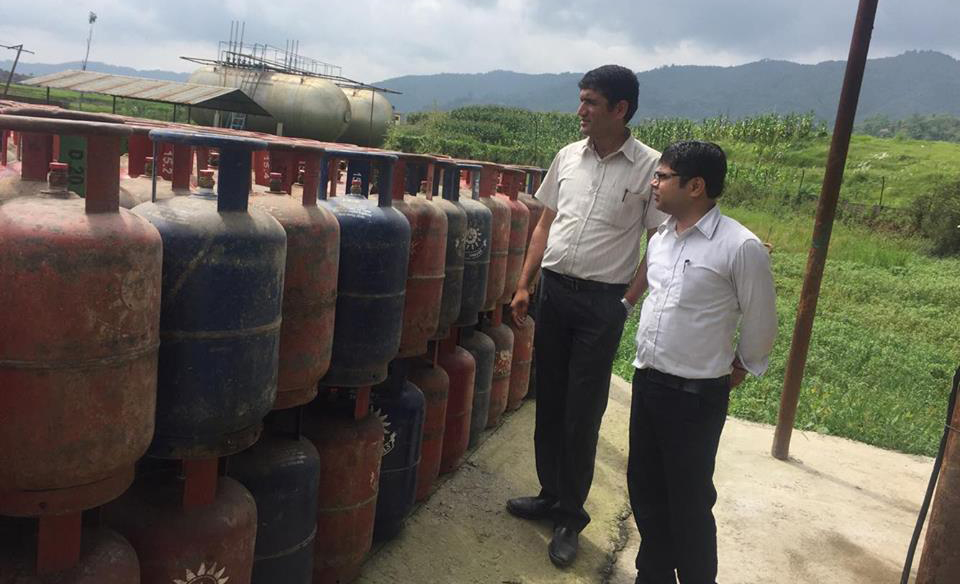
KATHMANDU, Dec 27: Only four out of 55 Liquid Petroleum (LP) gas industries in the country have received quality certification from Nepal Bureau of Standards and Metrology (NBSM).
Nepal Standard 533 (NS 533) 2070 BS, the legal standardization introduced by the bureau, has been declared mandatory by the government for LP gas bottling plants.
However, only Nepal Gas, Manoj Gas, Shree Krishna Gas and Sai Baba Gas have received the NS 533 certification so far. Nine more -- Metro Kathmandu, Nobel, Shree Ram, Janaki, Koshi, Shree, NL, Baba and Sagarmatha -- have applied for the standard, according to officials of the bureau.
However, other 42 plants have not taken any step to get standardized.
NBSM has been providing standardization for cylinder, regulator and valves since long. Recently, it has started providing standardization for gas products as well. NS 533 certification is provided to gas bottling companies, but it is not marked in the cylinder. It implies that one cannot know if the gas from the company is standard or not from the containing cylinder.
Officials of NBSM say that the regulation regarding the NS standards are for safety of the gas plants, workers in it as well as the consumers using their gas products. “The standardization validates the safety of the LP gas products of the gas plants. So, gas plants need to receive the certification if they want to be known as safe for use,” Romi Manandhar, deputy director general of the NBSM, told Republica. “We have been informing the gas bottler plants through their association. But a very few have received the standardization,” she added.
NBSM gives the NS 533 certification to bottling plants after inspecting the safety, security and technical aspects in the processes of receiving the LP gas, filling, handling and storage of the cylinders, and delivery of the gas. This means the standard qualifies the whole procedure starting from gas import to delivery to consumers.
Officials also said that two inspections are carried out before giving the NS 533 standard certificate, the later one as verification.
“We minutely study all the aspects starting from the raw materials (LP gas) for the bottling plants. The study has two tiers -- initial and final. The final is for verifying the initial study,” said Sanjeev Kumar Thakur, information officer of the bureau. “After providing the NS 533 mark, we annually monitor whether the gas plants have maintained the standard or not.”
However, Nepal LP Gas Industry Association -- the umbrella body of gas bottlers in Nepal -- has put forward a different view than the NBSM on the standardization.
“It is not that we do not want to get standardized. NS certification is important for us,” said Gokul Bhandari, president of the association. “But when we follow the criteria mentioned in the NS 533 regulation, our expenses increase significantly.”
Not having a regulatory government body dedicated to the petroleum (gas and oil) has emerged as a serious hurdle in recent days. State-owned Nepal Oil Corporation (NOC) is more a business body than a regulator. NOC supplies LP gas to the bottlers.
Gas bottlers are also not following legal provisions like LP Gas By-laws which says that gas plants should be at least five kilometers away from human settlements and also away from each other.
Security concerns regarding LP gas bottling plants came to highlight after a fire broke out in Birgunj's Super Gas Industry last week, claiming lives of three people.
You May Like This
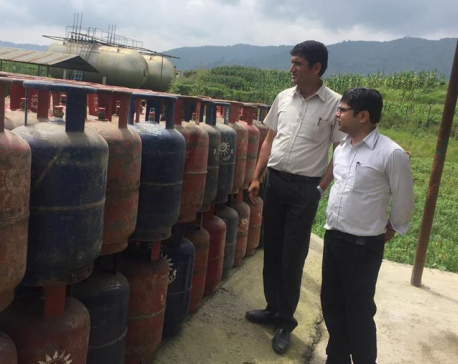
20 LP gas plants show reluctance to submit documents
KATHMANDU, Jan 22: As many as 20 liquefied petroleum (LP) gas bottlers have not yet submitted their documents to the Nepal... Read More...
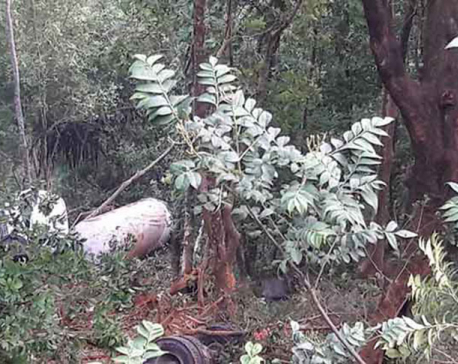
LP gas bullet veers off the road, leaks
TANAHUN, April25: Police has cautioned residents of Malepahara of Byas municipality of a potential fire after a gas bullet carrying... Read More...
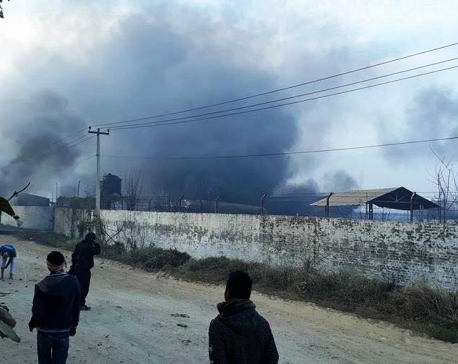
Gas bottling plant's negligence blamed for fire
BIRGUNJ, Dec 22: Preliminary investigation has blamed negligence on the part of the Super Gas Industry for the massive fire in... Read More...

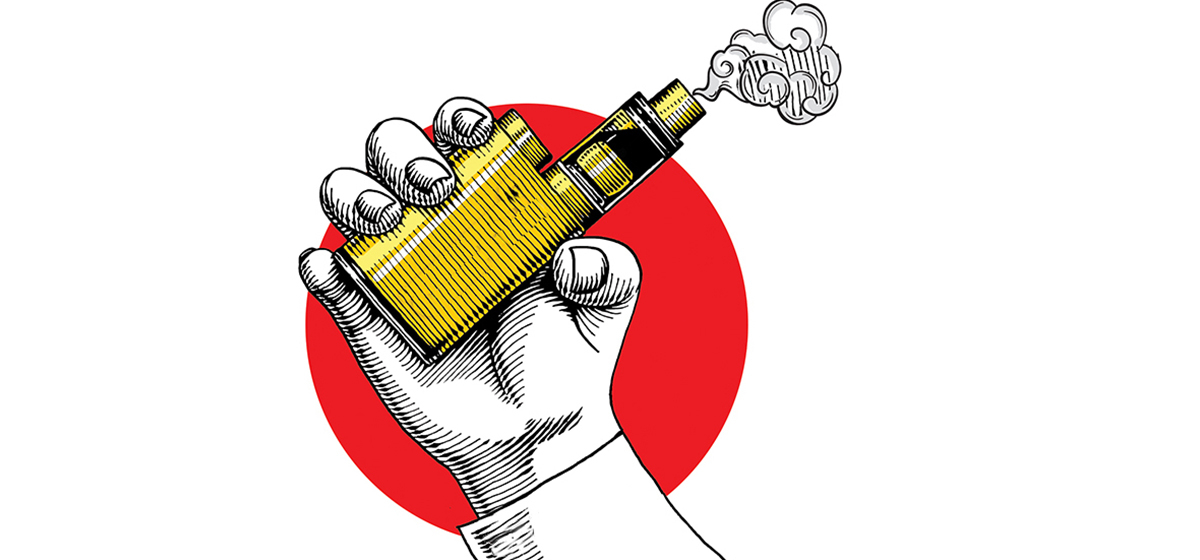
Just In
- NASA and ICIMOD join forces with regional stakeholders to build clearer picture of air quality in global pollution hotspot
- World Bank approves $80 million development policy credit for Nepal to strengthen financial sector and increase access to financial services
- Govt preparing to bring Mass Communication Bill soon: Minister Sharma
- Education ministry to run programs centered on students’ learning achievements
- Govt starts process to ban vape
- NEPSE inches up 2.06 points, daily turnover falls to Rs 2.14 billion
- Ukraine says thwarted Russian-led plot to kill Zelensky
- Govt urges caution as cases of fraud rise in foreign employment sector



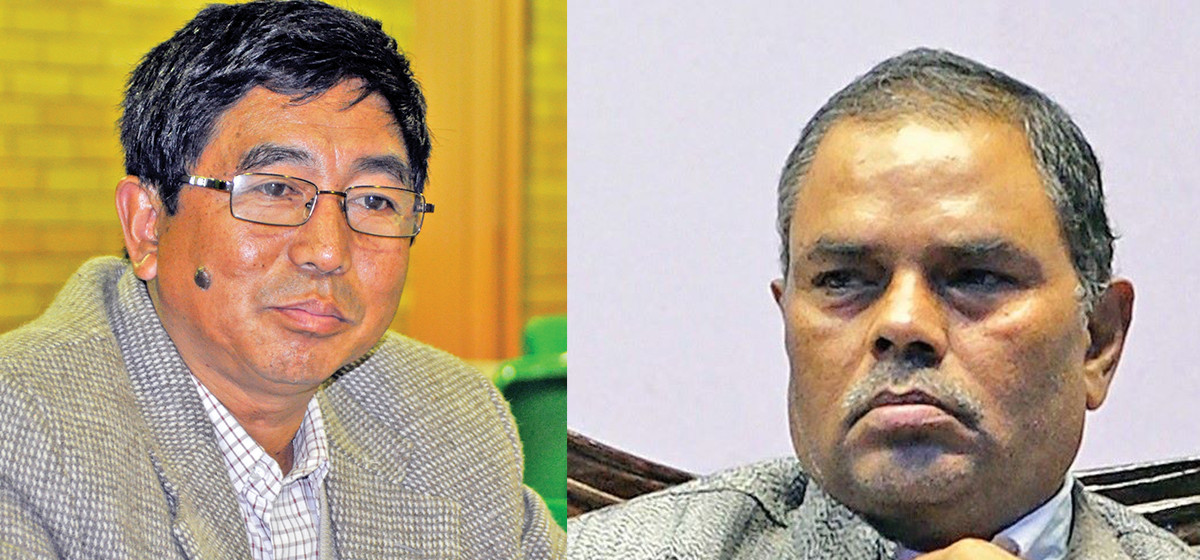
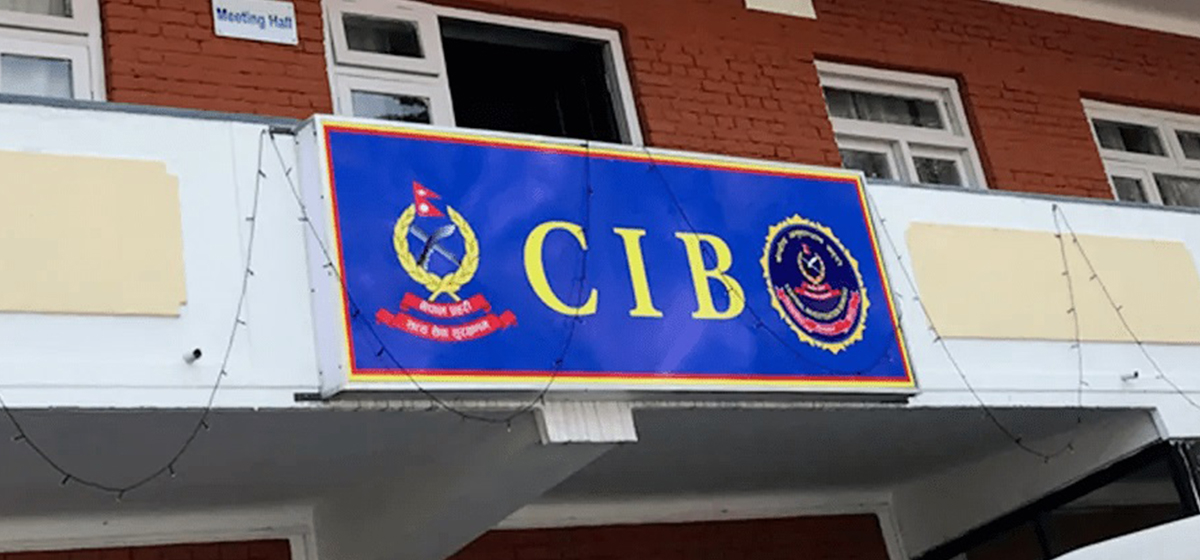

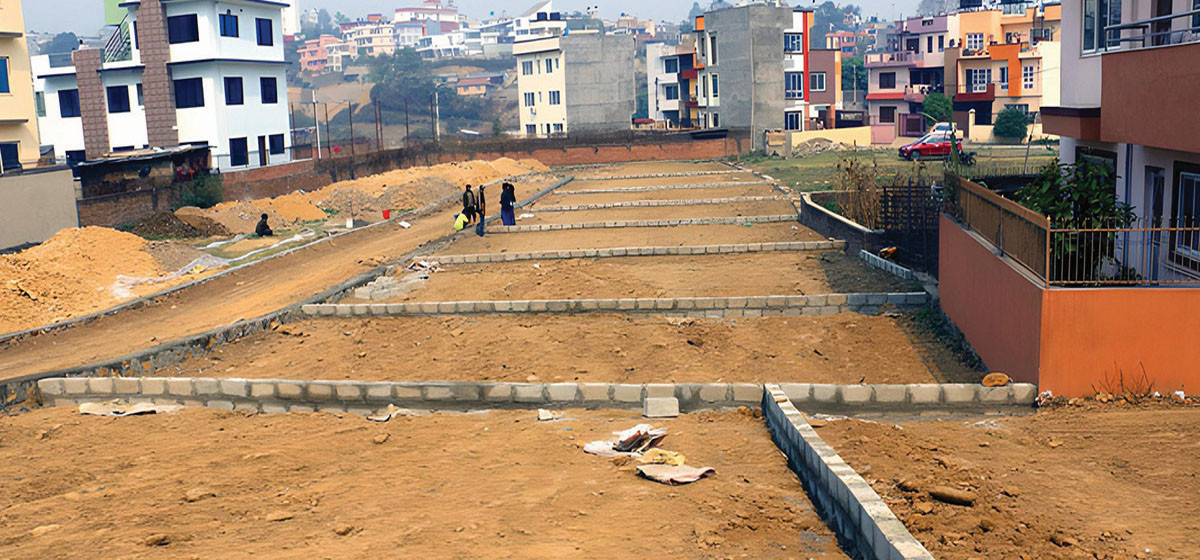
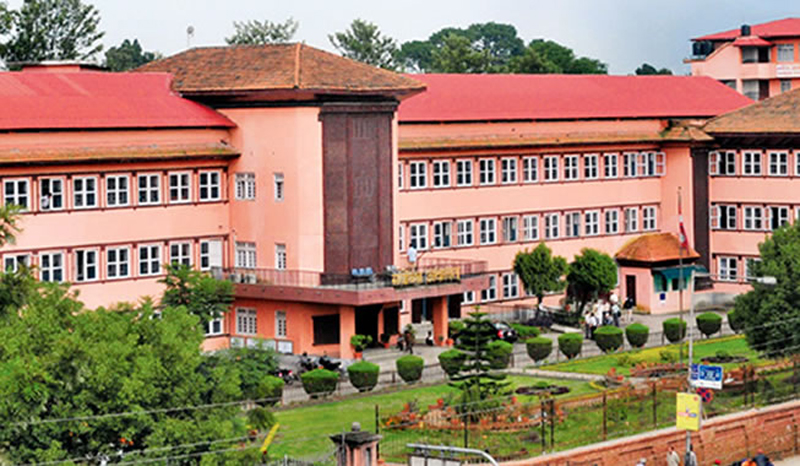

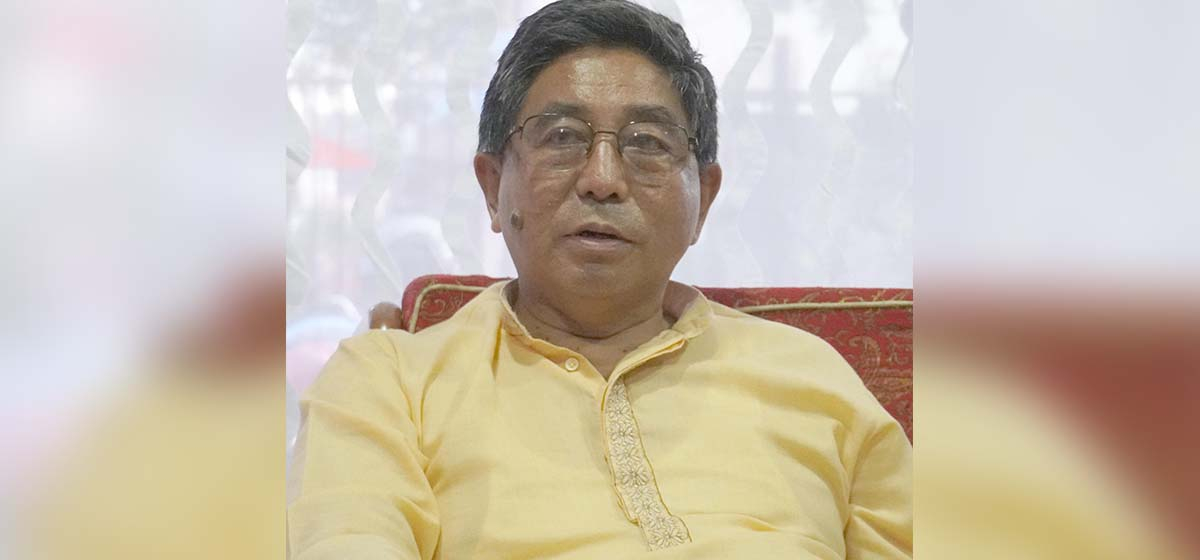
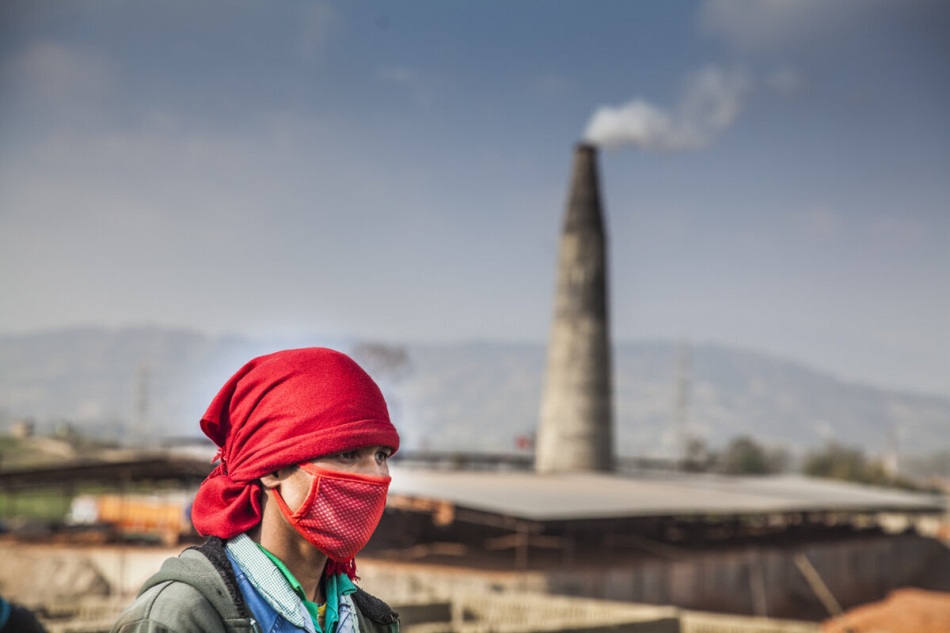
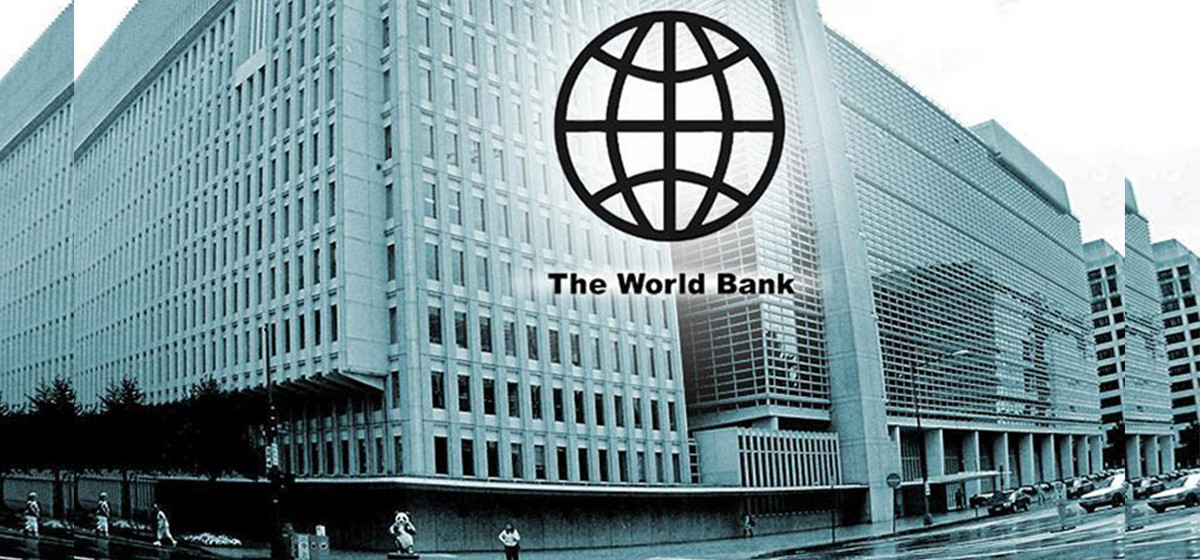
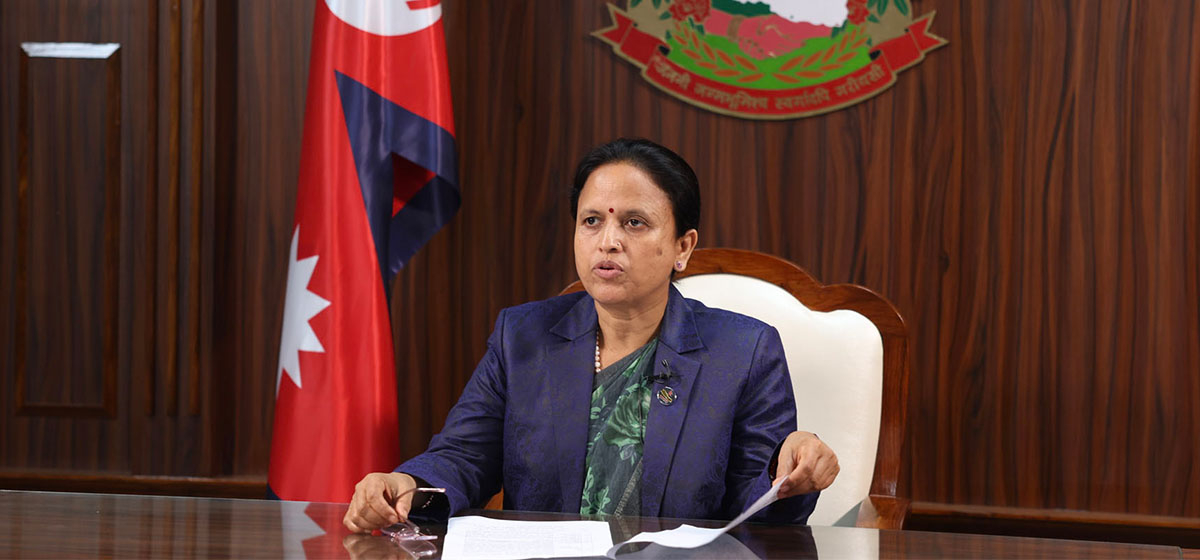
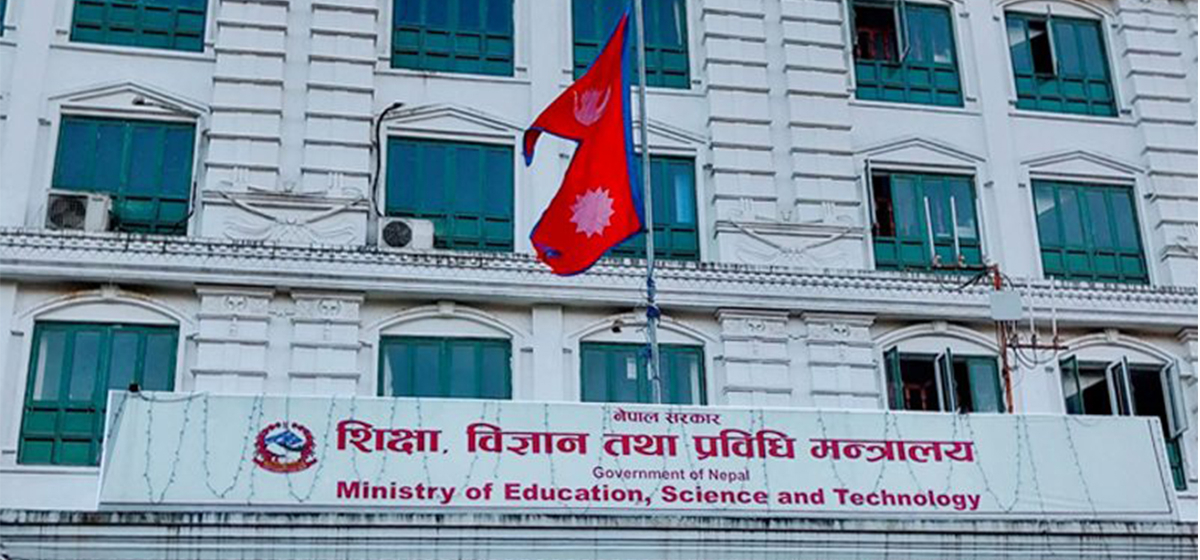


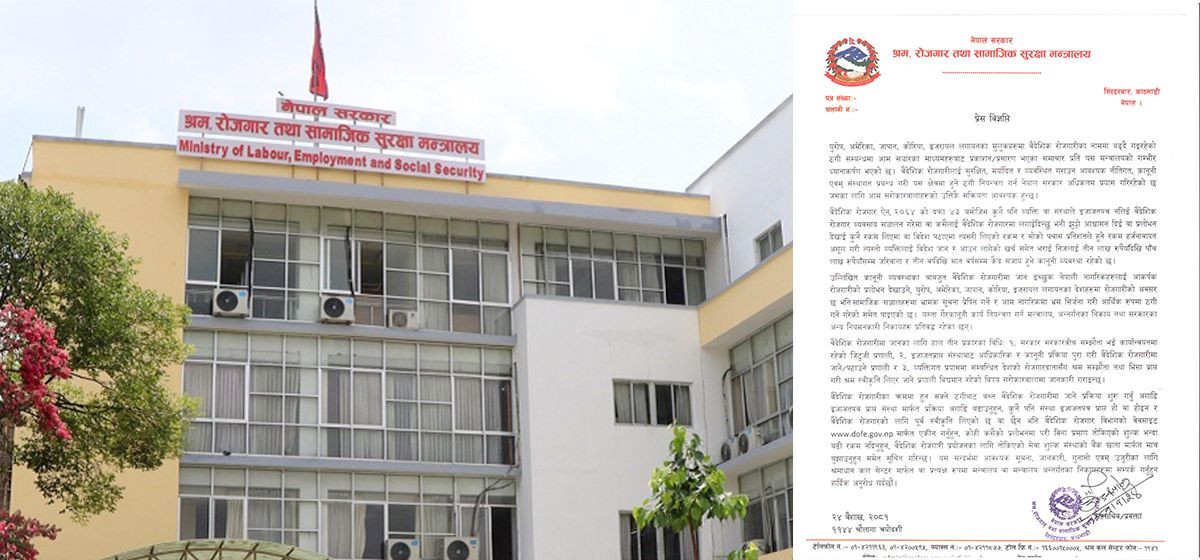
Leave A Comment